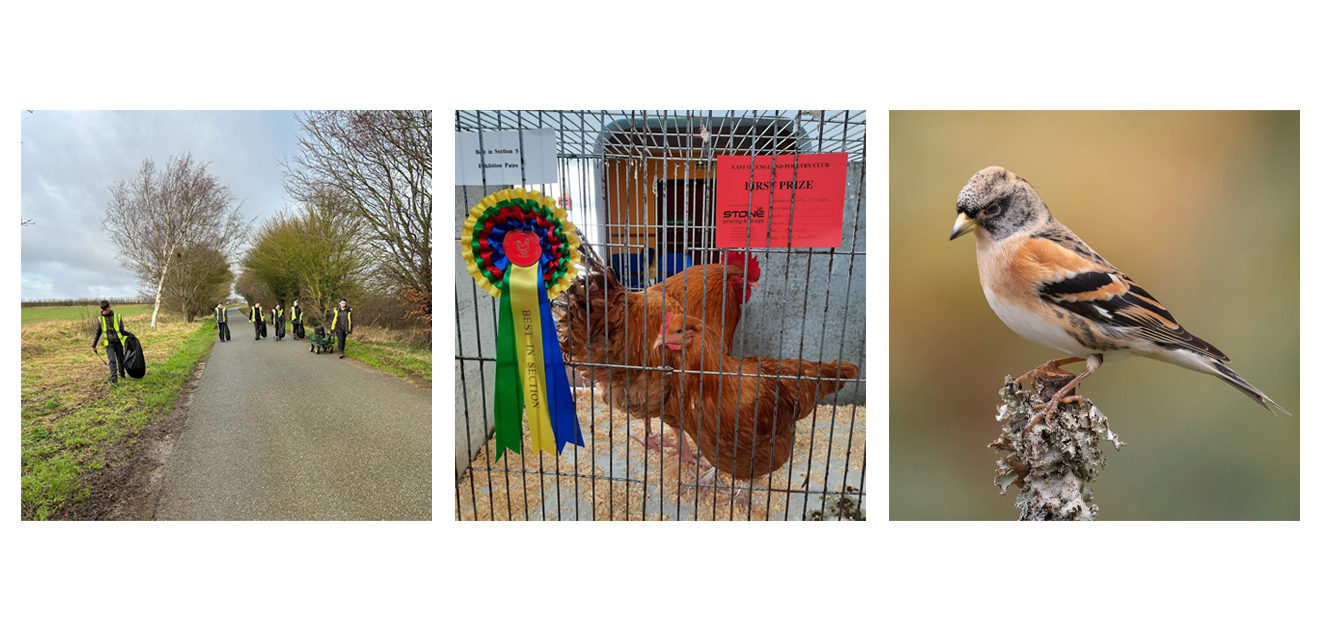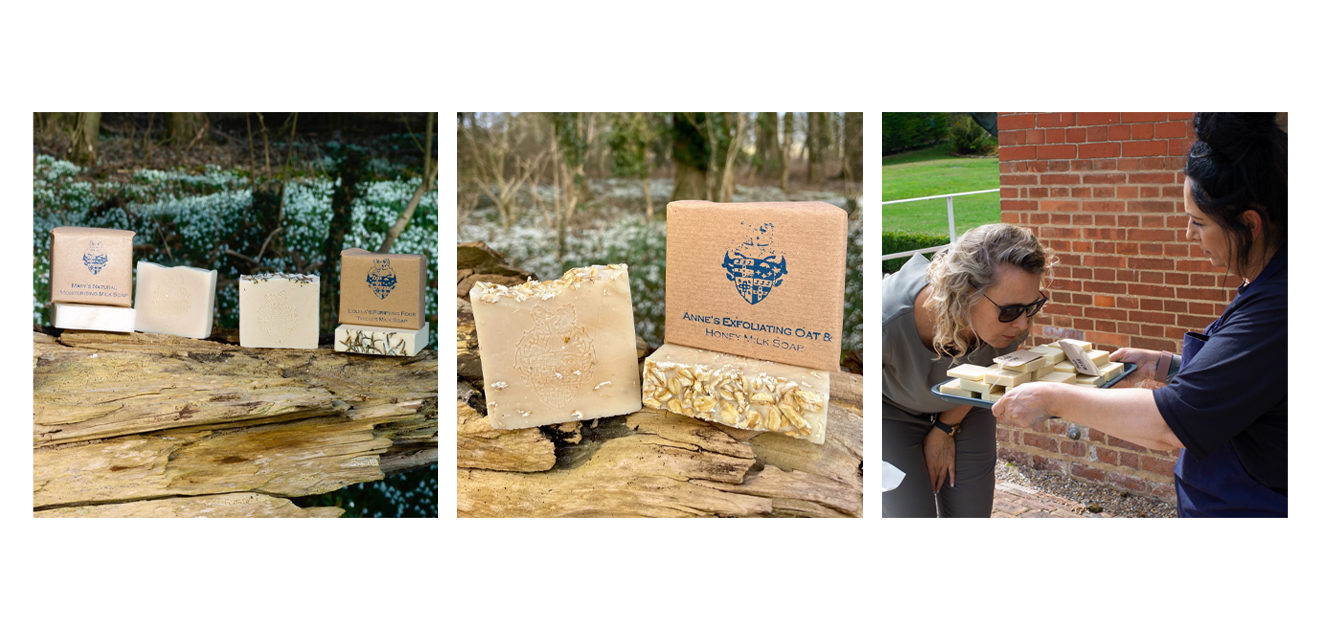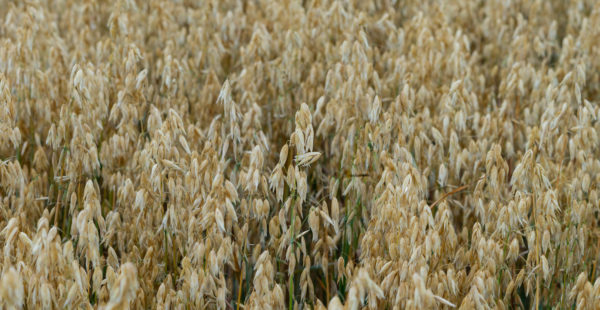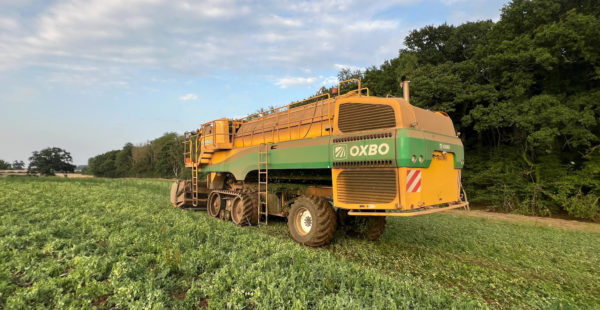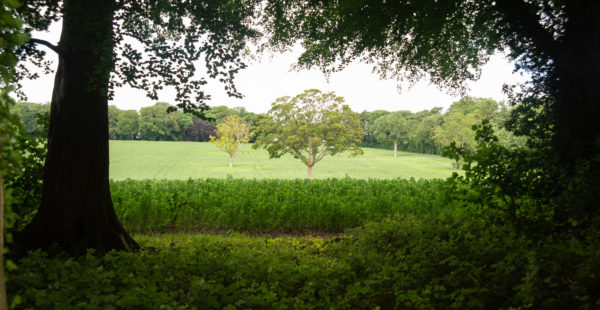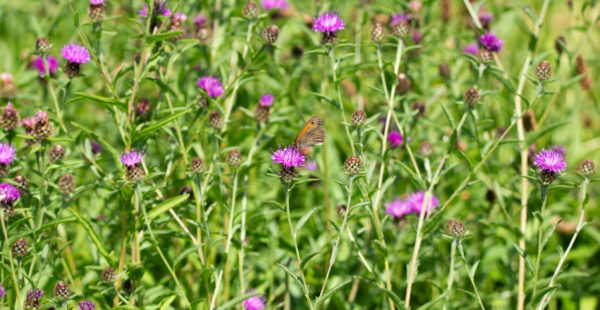A Week on the Estate: Mast Hunting, Litter Picking & Gorgeous Soap
We hope you find you safe, warm and well after a week of bone fide winter weather. At the time of writing, it’s fine, dry and bright outside with a thick frost following an overnight low of -7C and daytime temperatures nudging 1C. South-westerly weather is coming our way, with showery overcast and a 10C-4C temperature range forecast for the weekend.
Never daunted by any kind of weather, the Saturday Club set about a three-hour litter-pick when they returned from their Christmas break. The mind boggles at what people will throw out of their cars and into our beautiful countryside. Beer cans, vapes, cigarette packets, the obligatory McDonalds packaging, soft-drink cans, plastic bottles and coffee cups are among the team’s regular finds.
You may recall that back in November, Charlie and Louis took the pick of our native-breed Lincolnshire Buff chickens and Norfolk Black turkeys to the East of England Poultry Club’s Autumn Show at Stickney. They claimed several firsts, seconds and thirds, and bagged trophies for Best Cockerel, Best Pullet, Best Hen, Best of Breed and Best Opposite Sex.
Charlie has shared the latest Lincolnshire Buff Poultry Society newsletter with us. It features show results, pics of the action and a write-up of the AGM hosted by Jon at the Old School. You can take a look HERE.
Thanks to local wildlife expert Steve Lovell for giving us our weekly fix of good biodiversity news. As he reported on Twitter / X, Steve saw: “70+ brambling on conservation mix and beech mast [and] up to 12 kites” near St Leonard’s Church.
Here’s Paul Barnes: “It’s a fantastic sight! The winter-bird food plot in question is one of many here at South Ormsby Estate. The largest area is a 3.4ha field mix for winter feeding. Thanks to these food plots along with delayed hedge cutting and other conservation measures, we’re seeing increasing numbers for all species.”
Weighing in at around 24g and with a 25cm wingspan, the brambling or mountain finch (Fringilla montifringilla) is a winter visitor from Scandinavia, making the long North Sea crossing in search of seeds, nuts and berries in our temperate woodlands. They’re particularly partial to mast, the edible nuts of the beech tree.
Look out for more biodiversity news and a catch-up with Steve Lovell later this month.


